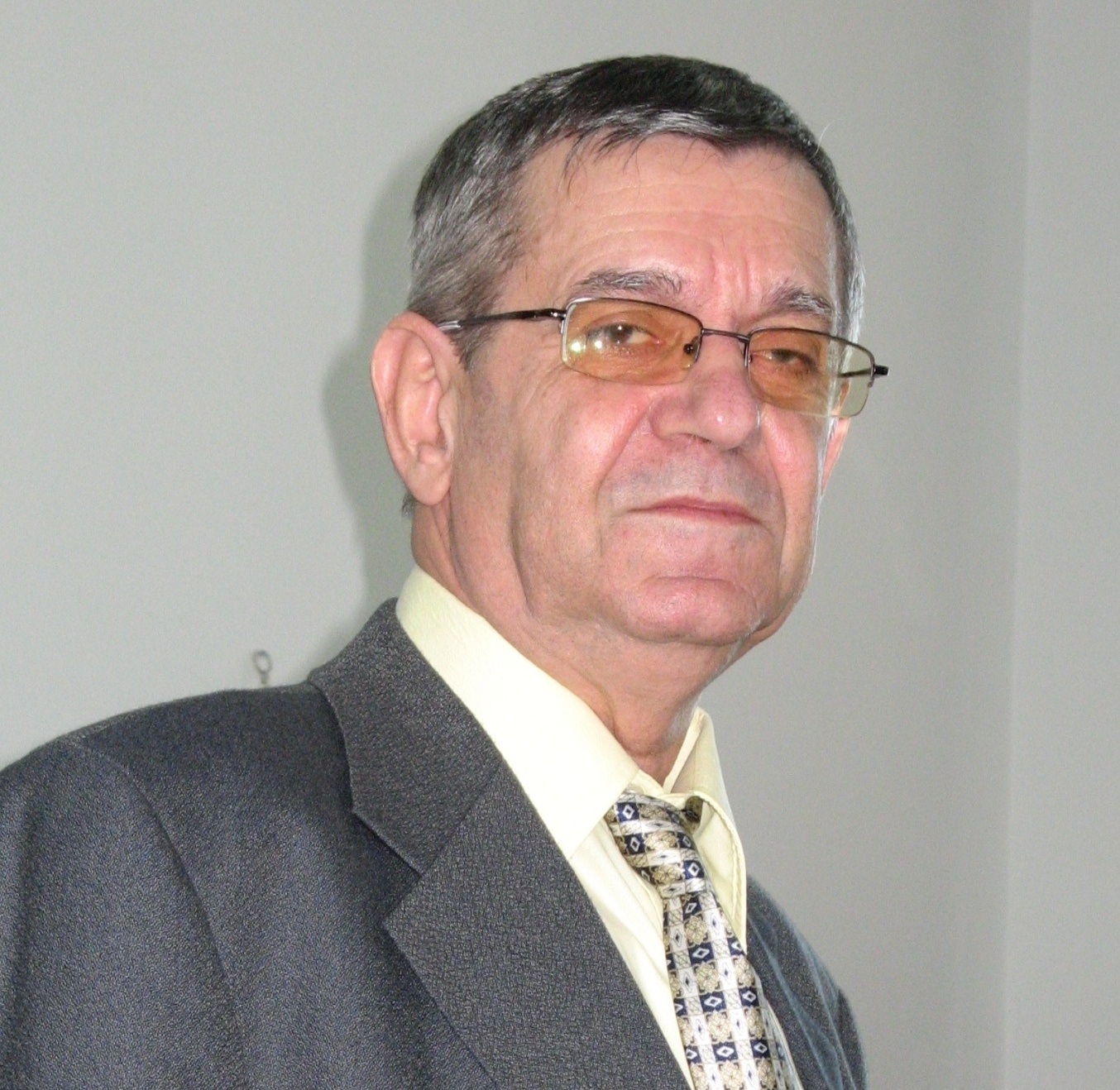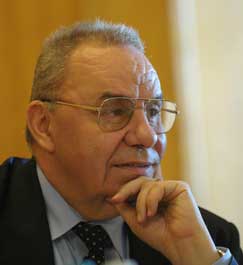The International Court of Justice in the Hague, or ICJ, decision that the Declaration of independence adopted by Kosovo was legal is bound to add more fuel to a fire kept under control in the region by the military forces with KFOR and EULEX.
Serbia reacted promptly, stating it did not recognize Kosovo's declaration of independence, deeming the region to be part of its southern territory.
This time, the reality on the ground shows that the new self-styled republic is enjoying a rate of economic development unmatched by any European country. Both Western and Kosovo business partners seem to prosper. At the same time, information on major corruption on both sides already surfaced. This, however, is only the tip of the iceberg.
The Merdare village looks like the last bastion of an absurd war opposing the Serbs to the Kosovo dwellers. The Serbs at the check-point are over-worked. Testy, in worn-out uniforms and with Kalashnikovs on them, they check each car waiting to pass into Kosovo. Some 500 cars, with plate numbers from Germany and Switzerland, wait in line to enter the newly self-proclaimed republic. Their occupants stay in line 10 to 12 hours, but are happy to go back see their families.
They are former Kosovo refugees who left the region during or right after the 1998 conflict started. Most are now frustrated with the German and Austrian authorities, who sent them back home, on grounds that the situation improved there. Indeed, one could warrant this as a valid statement: highways, apartment blocks, steel and glass office buildings and supermarkets are being built all over the place.
The Kosovo side of the check-point looks clearly different from the Serb side. Policemen performing the control have new uniforms, styled after American or British tailoring; they are all smiles and good manners, speak English and use a computerized system to check passports. They are joined by soldiers from the multinational force dispatched in the region.
This is the border into the newest state in Europe, a capitalist oasis in the Balkan dust. The national currency here is the Euro, even though the territory is not yet recognized by five EU member-states.
All business is conducted here in Euros, and to get a green-card or a 15-day transit-card one is charged 40 Euros.
Pristina is the capital of Kosovo, the new land of all opportunities. The new buildings are erected here at high speed, in the street one sees only new model cars, the shops display the latest models of mobile phones and electronics, the shops follow closely the latest fashion.
Everybody owns a cell phone, but the mobile-phone operators issue either Monaco or Slovenian numbers. All-terrain vehicles roam all over the place, belonging to either international organizations or Kosovo police. The latter has equipment that would make burst with envy many Romanian policemen or from other European nations.
Restaurants and coffee-shops are full to the limit, no matter the hour, except for the praying time, when all nation recalls its Muslim creed and the only sounds piercing the air are the calls to the praying-houses.
So, in a one-liner: the Kosovo people turned into typical Europeans, meaning importers and consumer of goods.
"People are still under the spell of the West. We were given a lot of help to have are own country. Now one can find here every goods one finds in the West, but the salaries barely cover the every-day living expenses. We import and we consume, while the traditional produce are almost extinct," explains Jeton Musliu, one of the best known journalists in Pristina, working for the Express daily.
Luxury hotels, until recently filled with foreign delegations and dignitaries, have less clients, but new residential areas are mushrooming on the hills around the city, while highways are built aggressively in the tiny 2-million people self-proclaimed republic.
There is nothing new to the fact that war time brings about opportunities to amass huge fortunes, out of the control of any authority, and Kosovo is no exception to the rule. Hundreds of companies and foundations, some of them American-European joint-ventures, control 90% of the economy, in activities ranging from constructions to humanitarian aid.
Right after the end of the war Western Europe pumped billion of Euros in re-building Kosovo. It happened after the province was placed under the UN mandate, on 10 June 1999, subsequent to the Serb troops withdrawal from the region. In November 2005 the parliament in Kosovo adopted a resolution towards declaring its independence from Serbia, and one month later the former Finish president Martti Ahtissari embarked on a UN mission to reach a final status for Kosovo. On 17 February 2008 the parliament in Kosovo proclaimed its independence from Serbia, with the latter and Russia immediately rejecting the claim.
Kosovo got international recognition from 69 countries, among which the United States and 22 of the 27 EU-member states. On 4 June 2009 it became the 186th member-state of the International Monetary Fund.
These were powerful signals to both local and international business people to go ahead with their endeavors.
The Kosovo journalists say hundreds of million of Euros are being siphoned in corrupt and illegal deals involving foreign companies. It comes hard to them, however, to prove that foreign companies investing in their country use the financing channels to triple their profits elsewhere.
Some things, however, are more obvious. For instance, Pristina is the only European city apart from London to have the famous London-styled cabbies, owned in part by Bardhyl Sejdiu, the son of the Kosovo president Fatmir Sejdiu.
On tens of street billboards Tony Blair glares his smile, while the written text says: a leader, a friend, a hero. He is not the only famous people high-up on buildings: American rapper Snoop Doggy Dog and Italian singer Eros Ramazotti also are ...
Corruption scandals seem to loom on the horizon, just as The Economist or The Herald Tribune carry articles stating that the US and EU will not tolerate any longer the corruption in Kosovo. But truth is most of the companies embroiled in the corruption scandals are in fact international companies.
Even last week the EULEX, the European police that trains the Kosovo police force, searched the headquarters of four companies suspected to do corrupt deals with mobile telephone licenses.
Also last week EULEX arrested a government official on suspicion of tax evasion, and the minister for Transportation and Telecommunications was investigated for fraudulent management of public funds.
Investigations on the corrupt deals of foreign investors are procrastinated, as it comes hard to bite the hand that feeds you, local journalists say. And yet, they claim there is an abundance of proof around to file such investigations.
The European foreign ministers assemble today to talk on the consultative opinion released on Thursday by the ICJ, on the issue of "the Kosovo's unilateral declaration of independence being in agreement with the international law."
Romania is one of the five EU-member states that refuses to recognize Kosovo as an independent state.
According to the Romanian Ministry of Foreign Affairs, the ICJ did not address the legality of the Kosovo's independence, but the legality of the statement for independence. The ministry added in its statement that the ICJ consultative opinions are not mandatory, meaning that the authority requesting them - in this case the UN General Assembly - are free to disregard them.
Translated by AAP








